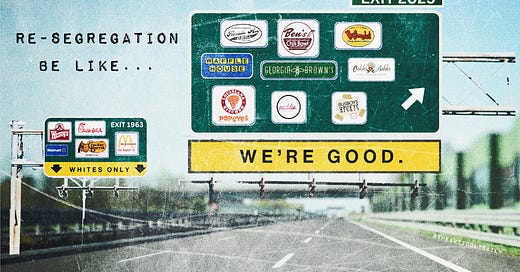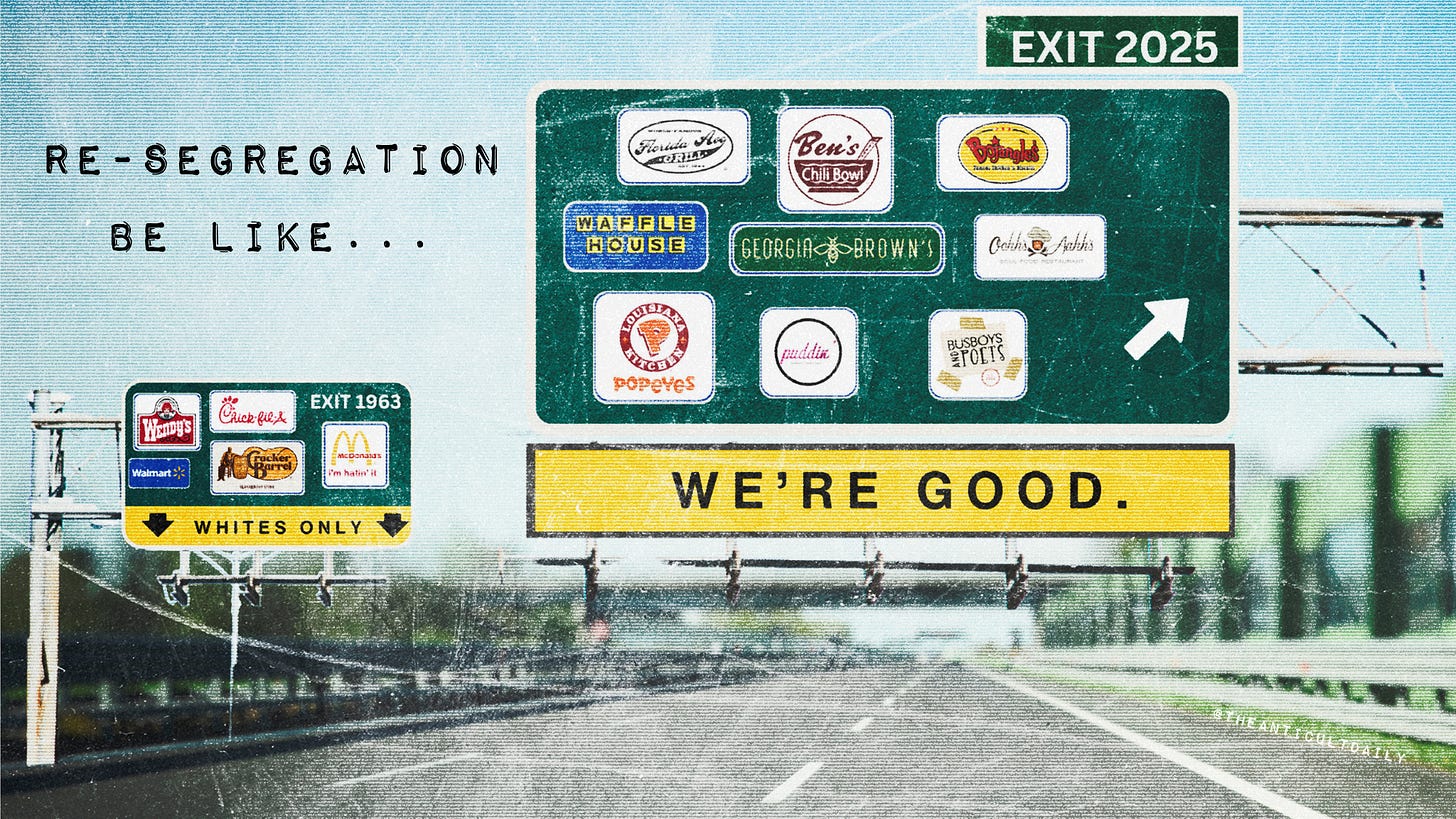Daniel Everett didn’t come to kill.
He came to save.
He was an American evangelical missionary, trained in linguistics, armed with belief. He packed up his family and moved to the Amazon jungle to live among the Pirahã people, not to learn from them—but to convert them.
He didn’t bring guns.
He brought scripture.
He didn’t build colonies.
He built trust.
But the goal was the same:
Convince them that what he had was better than what they knew.
And the Pirahã?
They had no concept of eternity.
No creation myth.
No heaven.
No hell.
No generational storytelling.
No messiah.
No savior.
Their culture was radically present-tense. If they hadn’t seen it with their own eyes, they didn’t want to hear about it. No myths. No secondhand revelations. Just the now.
So when Everett told them about Jesus, they asked:
“Have you seen him?”
“No.”
“Do you know anyone who has?”
Still no.
And then they said the only thing that mattered:
“We’re good.”
No fight.
No debate.
No dramatic refusal.
Just calm, complete non-need.
The Collapse of a Missionary
That moment broke him.
Not because they hated him.
Not because they kicked him out.
But because they didn’t need what he offered.
Because his entire identity was built on being the one with the answer.
And they didn’t ask a question.
He spent 30 years trying to change them—and in the end, it was he who changed.
He lost his faith.
His mission.
His marriage.
His God.
His story.
The Pirahã didn’t resist his belief.
They just lived outside of it.
And that was more threatening than any rebellion.
The Pirahã Got to Say No. Black People Didn’t.
That’s the difference.
White America loves to pretend that all contact was consensual. That the spread of Christianity, capitalism, and “Western values” was some noble offer.
It wasn’t.
The Pirahã were given a choice.
We were given chains.
Black people didn’t get a missionary.
We got a ship.
We were dragged from our homes.
Stripped of our names.
Whipped out of our languages.
Branded with someone else’s beliefs.
We weren’t approached with conversation.
We were subdued with force.
We didn’t get to hear the pitch and say “no thanks.”
We were sold.
We were raped.
We were bred.
We were broken—and then expected to smile about it.
Colonization Wasn’t About Saving. It Was About Replacing.
You didn’t show up because we were lost.
You showed up because you needed someone to control.
You called us savage, then stole our practices.
You called us godless, then made us worship your image.
You called us ignorant, then outlawed our literacy.
Colonization wasn’t outreach.
It was overwrite.
And when we made something out of the pieces you left us—when we built culture, rhythm, language, style, faith, joy—you tried to take that, too.
Modern Colonization Wears Sunglasses and Says “Namaste”
I lived in Placencia, Belize.
Ten years ago, it was barefoot bars.
Local food.
Laughter that didn’t require a dollar menu.
Rhythm without regulation.
Now?
It’s expats sipping wine in yoga pants, building overpriced condos on sacred soil, talking about how they “love the vibe” while filing zoning complaints about the music.
This is colonization through comfort.
Capitalism with a passport.
White folks finding “simpler living” and then ruining the simplicity because it doesn’t cater to their standards.
They say they love the culture.
But culture, to them, is only lovable when it serves them.
And when it doesn’t?
They want change.
They want coffee shops instead of corner stores.
They want silence instead of street food.
They want safety, which means control.
And they always, always want control.
White People Don’t Want to Understand. They Want to Center.
You don’t move into spaces to be part of them.
You move into spaces to rearrange them.
You don’t want to be changed.
You want to be celebrated.
You don’t want to assimilate.
You want assimilation to come to you.
Your history books call it “progress.”
We call it what it is: invasion in slow motion.
“If You Don’t Like It, Go Back to Africa”
That’s the line, right?
The MAGA mic drop.
But let’s get honest.
We didn’t come here.
You brought us.
You erased our history.
Then told us we had no culture.
You burned our gods.
Then told us we were godless.
You sold our bodies.
Then told us we were criminal.
And now? Now that we’ve rebuilt, redefined, and reclaimed what you tried to annihilate?
You feel erased?
Nah.
You’re just seeing what it looks like when we stop trying to be part of you.
You Were Never the Answer. You Were the Disruption.
You didn’t civilize us.
You interrupted us.
You didn’t uplift us.
You destabilized us.
Integration didn’t make us equal.
It just gave you access to monitor, co-opt, and police us more closely.
So let me say it clearly:
You were never the answer.
You were the problem.
Now You’re Afraid. Because Now We Have a Choice.
This isn’t the 1600s.
This isn’t a whip and a cross and a plantation.
This is the age of mirror-holding.
And what you see now is a world that no longer needs your permission to breathe.
We’ve seen what happens when you get to define the game.
Now we’re rewriting the rules.
We know how colonization works.
Because we lived it.
And now?
We’ve mastered the playbook.
America is a new colony.
And we alllllll know how to do it now.
Mel Robbins Says “Let Them.” We Say, “We’re Good.”
has her mantra:“Let them.”
Let them leave.
Let them say what they say.
Let them be who they are.
Cute.
But we’re not letting anymore.
We’re not waiting for transformation.
We’re not hoping they come around.
We’re not preaching grace to people who sold our grandmothers like furniture.
We’re done.
Not with rage.
But with release.
So Keep Your Spaces. Keep Your System. Keep Your Fear.
You spent generations trying to erase us.
Now you’re afraid we might outnumber you.
You built Planned Parenthood to kill us—until your daughters started using it too.
You created breeding farms for slaves—now you whine about population shifts.
You’re not being replaced.
You’re being outlived.
And when we build what you can’t enter,
when we thrive in ways you can’t police,
when we say no, not because we’re mad but because we finally can—you break.
Just like Everett.
Who thought he had the answer.
But when the Pirahã said, “We’re good,” he lost everything.
Now it’s your turn.
We’re not angry.
We’re not bitter.
We’re not broken.
We’re just done.
And we’re good.




